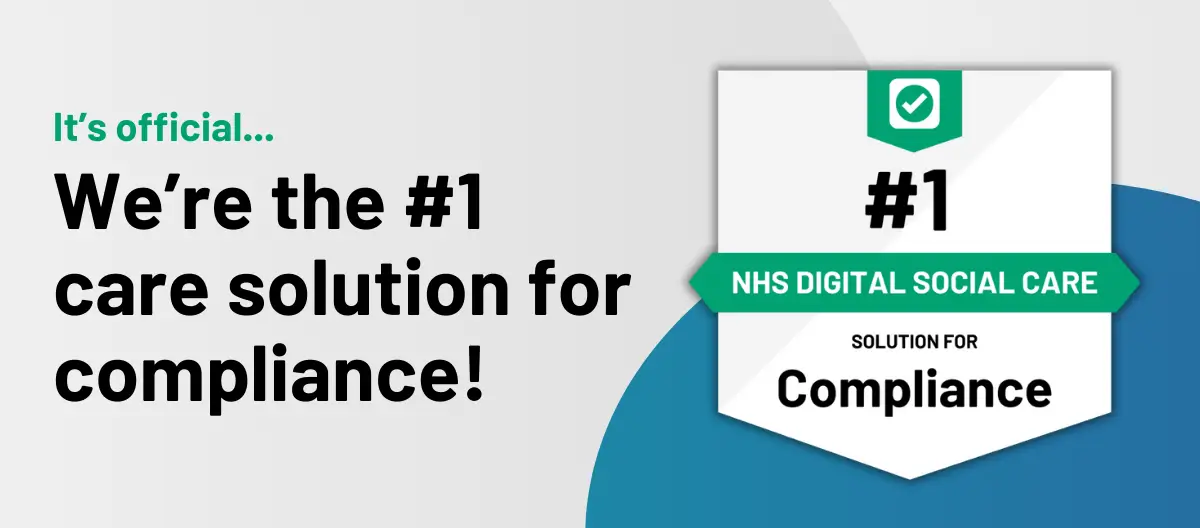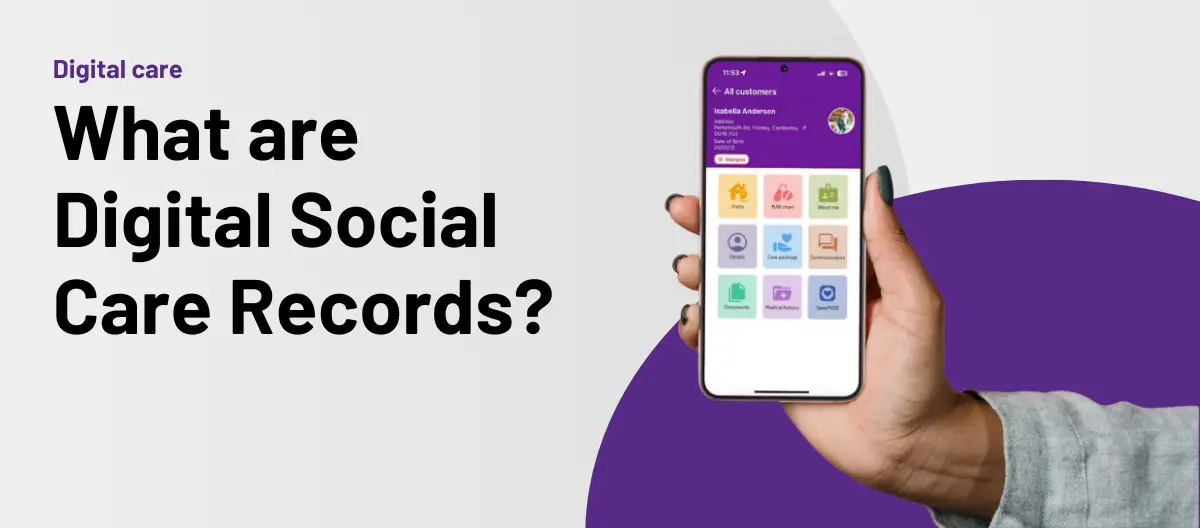Faced with a negative public perception fuelled by endless horror stories and poorly paid staff the care sector has a recruitment crisis.
In its latest state of the adult social care workforce report, published in October, workforce development charity Skills for Care, revealed the huge challenges facing the sector.
Vacancy rates stand at 7.8% (or 122,000 jobs), with turnover at an eye watering 30.8%, with almost half a million people, (440,000) leaving their jobs in the last 12 months.
Vacancy rates are most acute, at around 9%, in London and the south east, where care providers struggle to attract workers. In wealthy regions with full employment, a carer employment package consisting typically of a minimum wage salary, a possible zero hours contract and physically and emotionally demanding work, is clearly not going to cut it.
As if the current strains on the workforce were not tough enough, Skills for Care further predicts the sector will need to grow by 36%, adding another 580,000 jobs, to meet the projected growth in people over 65 by 2035 – a tall order considering the current attrition rate!
With providers and commissioners forever awaiting a long-promised sustainable funding solution, technology is playing a vital role in keeping businesses afloat and helping them support society’s most vulnerable.
Digital care planning systems such as everyLIFE Technologies’ PASS ease stress on the care workforce by freeing up an extra hour per shift to provide care.
Workforce and operational pressures are further being eased by digital workforce management systems that help fill gaps in shift patterns.
By providing carers with greater flexibility and efficiency, and creating more time for training and development, digital care planning systems improve workforce engagement and retention. As a result, people receive better care from a happier, more committed and stable workforce.
In a competitive environment, technology has become a key differentiator for care providers, making them an employer of choice. Technology also helps attract an increasingly discerning customer base accustomed to living in the digital world.
Assistive technology, moreover, is helping fill employment gaps by supporting people in their own homes or in institutional settings. Artificial intelligence, such as Amazon Alexa, and robotics are helping preserve vulnerable people’s independence through providing information and entertainment, and performing mundane tasks such as switching on the lights and drawing the curtains or even helping people get dressed or enabling them to get around their house or care home.
Wendy Mitchell, who movingly and humorously details the challenges of living with dementia, in her memoir Somebody I Used to Know, details how Amazon Alexa has become an essential part of her life through providing memory prompts and help around the home.
While many will balk at the growing role of assistive technologies in a care setting the reality is that digital technology in all its guises is already an indispensable part of the care landscape and will be an essential component in putting social care on a sustainable footing in the 21st century.
By Andrew Mason, A pseudonym for a prominent care commentator




